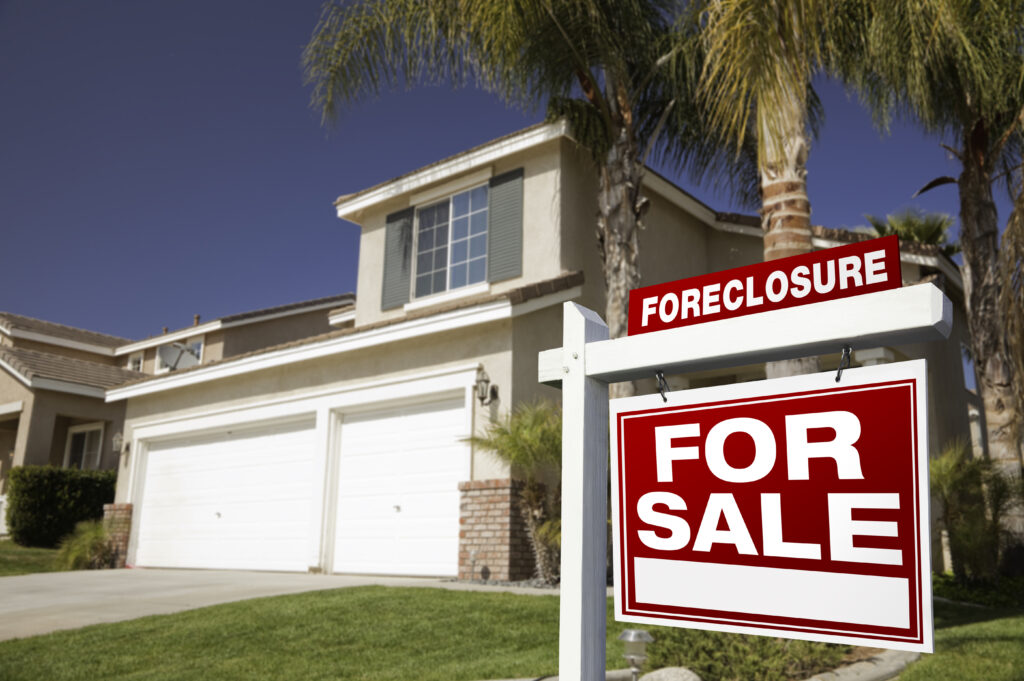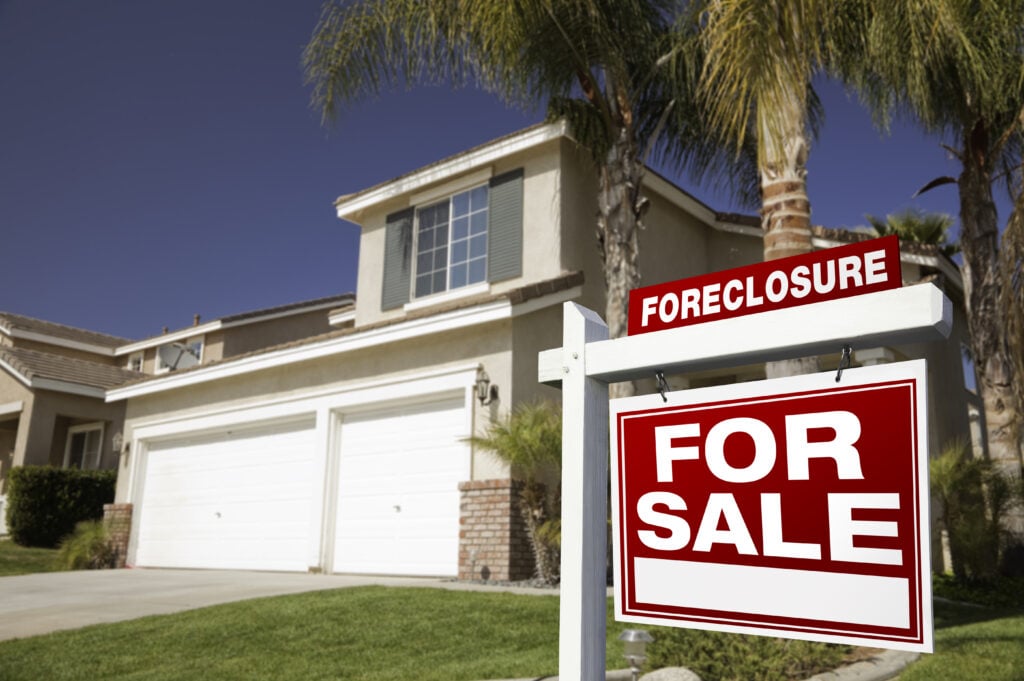
TRENTON, NJ (OP-ED) – A recent debate on CNBC over the proposed unrealized capital gains tax took on an even sharper edge when considering its potential impact on states like New Jersey, where the cost of living and home ownership are significantly higher than in much of the country. New Jersey residents, already burdened by some of the highest property taxes in the nation, could face devastating financial consequences if unrealized property values are taxed.
In recent years, home values in New Jersey have skyrocketed, with some areas seeing increases of more than 30%. While this might sound like good news on the surface, it’s a double-edged sword. If a housing market crash were to follow—an all-too-real possibility given the volatility of the real estate market—homeowners could find themselves taxed on gains that have vanished overnight, leaving them with hefty tax bills and homes worth far less than they were a year earlier.
Although Vice President Kamala Harris’ economic advisor, Bharat Ramamurti, has argued that the unrealized capital gains tax would target millionaires, there’s widespread concern that the government might eventually lower the bar to include middle-class homeowners. This “slippery slope” argument isn’t without merit; history shows that what starts as a tax on the wealthy can often expand to include those lower on the economic totem pole.
In a state like New Jersey, where home ownership is a key part of the American Dream, such a tax could be catastrophic. New Jersey residents are already struggling with the high cost of living, and the prospect of being taxed on the paper value of their homes adds another layer of financial stress. The fear is that what’s pitched as a tax on the rich could end up squeezing those who are far from wealthy, especially if the housing market takes a turn for the worse.
Critics of the tax, like the hosts on CNBC, argue that this policy is not only potentially unconstitutional but also economically disastrous. The idea of taxing unrealized gains, especially in a state where property values are so inflated, seems like a recipe for financial ruin. Homeowners who are already paying through the nose just to keep a roof over their heads could suddenly find themselves facing massive tax bills based on values that are anything but stable.
As the debate continues, New Jersey residents are left to wonder: Could this tax proposal, aimed at the wealthy, end up destroying the financial security of the middle class? It’s a question that resonates deeply in a state where the cost of living is among the highest in the country and where the stakes in the housing market are higher than ever.

